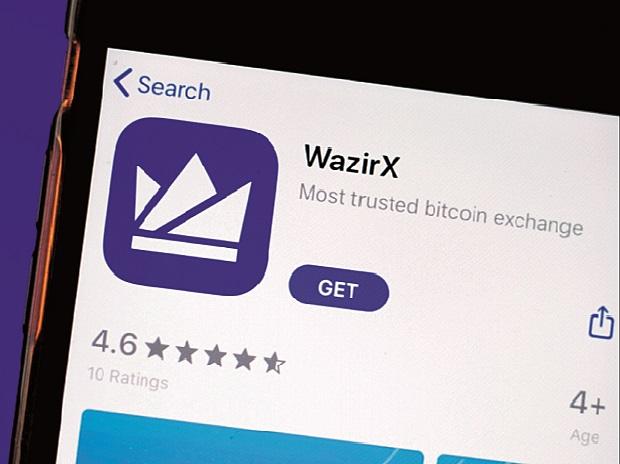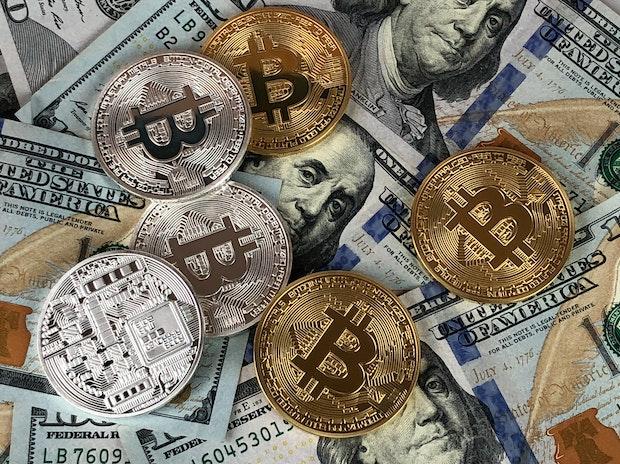By Sidhartha Shukla and Suvashree Ghosh
A shift by India to a less onerous crypto tax regime may be two years away, according to one of the nation’s key digital-asset exchanges.
Indian officials last year imposed a 1 per cent levy — known as TDS — on crypto transactions, causing trading volumes at exchanges to crash as market makers and high-frequency investors pulled back due to higher costs. One of WazirX’s main competitors has said the tax contributed to a 97 per cent collapse in volumes at domestic exchanges in just 10 months.
“I don’t think we’ll see any immediate reduction in TDS since there have been no formal discussions between the industry and lawmakers specifically around it,” said Nischal Shetty, chief executive officer of the WazirX exchange, in an interview.
India has called for a globally coordinated approach to crypto rules with the help of institutions such as the International Monetary Fund. Meantime the likes of Hong Kong, Dubai and the European Union have pulled ahead by rolling out their own frameworks to protect investors and provide clarity for digital-asset companies, some of which are looking to expand outside the US after regulators cracked down there.
Shetty said he’s hopeful India will take at least some steps toward a friendlier crypto policy, without specifying what they might be. The Finance Ministry didn’t respond to a query from Bloomberg News.
Spurred in large part by the TDS, investors in India have abandoned local crypto trading platforms for overseas-based ones. CoinDCX, one of WazirX’s local rivals, said in an August report that Indian exchanges lost over 2 million users between February, when the tax was announced, and December last year. During that time, overseas platforms gained more than 1.5 million customers from India, CoinDCX estimated.
CoinDCX CEO Sumit Gupta said in an email that the company is lobbying India’s government to cut the TDS from 1 per cent to 0.01 per cent, without giving a time frame for when that might happen.
Some crypto entrepreneurs aren’t waiting around to find out. Shetty has moved to Dubai to build his next venture — called Shardeum, a blockchain he said aims to rival Ethereum and other large networks. CoinDCX is also looking abroad, having recently led a funding round in BitOasis, a crypto exchange focused on the Middle East and North Africa.
WazirX slashed its workforce in 2022. In August this year, CoinSwitch and CoinDCX announced job cuts.
Even amid the carnage, India’s traditional role as a hub for software and information technology engineering remains a drawing card for some digital-asset firms.
For instance, San Francisco-based Coinbase Global Inc. halted new user sign-ups to its Indian exchange in June but said this month that it maintains “a robust tech hub” in the country. Coinbase has said it employs “a few hundred people” in India, making it one of the firm’s largest presences outside the US.
Gemini, another US-based platform, said in April that it will set up an engineering hub in India.
The Reserve Bank of India is also pushing ahead with a digital rupee. Some 1.3 million customers and 300,000 merchants are already using the digital currency, Reserve Bank of India Deputy Governor T. Rabi Sankar said in July.
Note:- (Not all news on the site expresses the point of view of the site, but we transmit this news automatically and translate it through programmatic technology on the site and not from a human editor. The content is auto-generated from a syndicated feed.))



